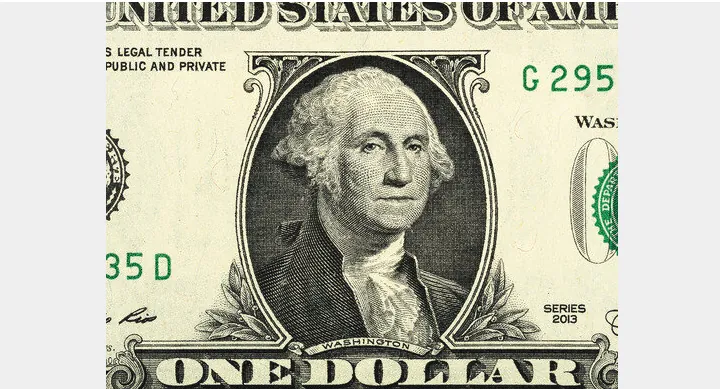Hundreds of thousands of Arizonans who paid federal income taxes on last year’s state tax rebates will not be getting their $20.8 million back, following a ruling by U.S. District Court Judge Murray Snow.
The case, brought by Arizona Attorney General Kris Mayes, argued that the one-time payments—up to $750 per family—should have been exempt from federal taxes, similar to rebates in other states. However, Judge Snow ruled that Arizona’s rebates were not covered under the same IRS rules that exempted payments in other states.
Mayes contended that the IRS’s decision was inconsistent, pointing to rebates in 21 states where recipients were not taxed. But Judge Snow highlighted a key distinction: the other states issued their payments in 2022 as part of COVID-19 relief efforts tied to federally declared disasters. Arizona’s payments, issued in 2023, did not qualify under those guidelines.
Judge Snow also rejected the state’s claim that it was harmed by the IRS ruling. Arizona attorneys argued that the $480,000 lost in potential state and local sales tax revenue—if residents had been able to spend the untaxed rebate money—represented damages. Snow dismissed this as “speculative.”
The 2023 Arizona budget allocated $260 million in rebates to 750,000 families, providing $250 per child under 17 and $100 per older dependent, up to $750 per family. The IRS deemed these payments taxable income, requiring recipients to receive 1099-MISC forms to report the payments.
Arizona’s lawsuit argued that the rebates were not taxable because they were funded from the state’s general revenue and did not constitute “compensation for services.” The tax relief that Arizonans received from their state government should have remained in their pockets, not unfairly taken away by the IRS, according to Mayes, who criticized the IRS for what she called an unfair interpretation.
Mayes has not confirmed whether she will appeal the decision. Spokesperson Richie Taylor reiterated her disagreement with the ruling but declined to speculate on next steps.
This ruling underscores the complexities of tax policy and the varying federal treatment of state rebate programs, particularly when tied to federally declared emergencies.

